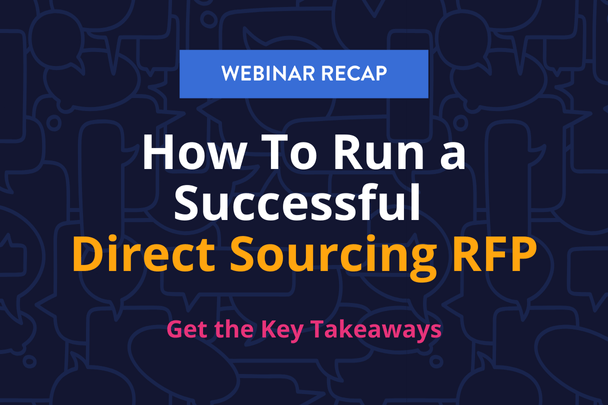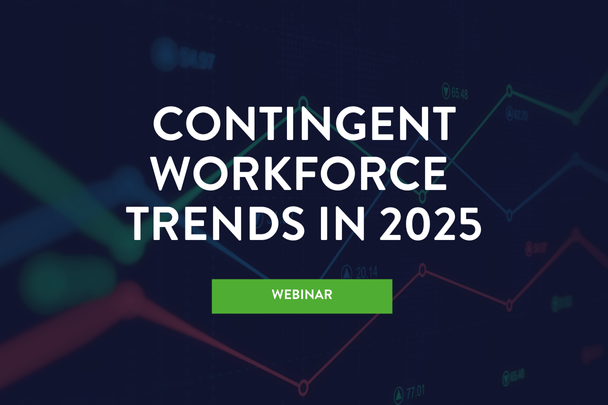Artificial intelligence (AI) permeates every aspect of our lives. From streamlining routine tasks to enabling advanced problem-solving, AI reshapes how we live and work. In the world of work, its impact is especially profound as leaders increasingly integrate AI into workforce planning, automation, and logistics.
Nowhere is this transformation more evident than in the supply chain. AI isn’t just revolutionizing how supply chains operate; it’s also redefining the roles and dynamics of the workforce behind them. Read on to explore the transformative role of AI in supply chains, its implications for the workforce, and the strategies organizations can adopt to support this transition.
AI in the Supply Chain: Applications and Benefits
AI is transforming supply chains with smarter solutions. Innovations in demand forecasting, inventory management, warehouse automation, logistics optimization, and supplier management are driving increased efficiency, reducing costs, minimizing errors, and enabling real-time decision-making. According to McKinsey, organizations typically experience substantial revenue growth (over 5%) by leveraging generative AI in supply chain management. Advancements in AI are making supply chains more agile and resilient than ever before.
For example, AI-driven robotics streamline tasks such as sorting, packing, and transportation, while AI-powered route optimization ensures faster, more cost-effective deliveries. On the other hand, predictive analytics helps prevent shortages and overstocking, keeping operations smooth and customers satisfied. The applications of AI in the supply chain are vast and continually expanding. However, every innovation inevitably impacts the people behind the industry, reshaping roles, workflows, and the skills required to thrive.
Impact of AI on the Workforce
AI’s impact on the supply chain workforce is and will continue to be profound. Its integration brings a growing demand for tech-savvy professionals who can manage, interpret, and troubleshoot AI-driven tools. This shift requires significant upskilling and reskilling, as the workforce transitions from traditional roles to more tech-focused specialties.
For example, workers in repetitive, manual roles may need to be retrained to operate and oversee the AI systems now performing those tasks. At the same time, entirely new positions, such as AI specialists and data analysts, are emerging, creating fresh opportunities in the industry.
How Companies Can Support Workforce Transition Due to AI
Investing in employee reskilling and upskilling programs is critical for equipping supply chain professionals with the digital and analytical skills necessary to navigate a technology-driven industry. As AI transforms supply chain operations, redefining roles and responsibilities to focus on tasks that complement AI capabilities improves efficiency and streamlines processes. Creating a workplace culture that supports collaboration between human expertise and AI systems enhances decision-making, optimizes workflows, and helps employees view AI as a strategic partner rather than a disruptor.
To stay ahead, companies must embrace a culture of continuous learning, supported by agile talent acquisition strategies that bring in individuals with the right tech skills and build robust pipelines for future talent. Transparency in AI implementation and ensuring ethical practices will play a critical role in building trust among employees, partners, and customers, further solidifying the supply chain’s role as a driver of sustainable progress. Success in this evolving AI landscape will demand adaptability, a commitment to reskilling, and a balanced approach that combines cutting-edge technology with human oversight to ensure resilience and innovation across the supply chain.
AI & Workforce Development
Integrating artificial intelligence into supply chains unlocks significant opportunities for efficiency and innovation. In fact, top-performing supply chain organizations are investing in AI and machine learning (AI/ML) at more than twice the rate of their lower-performing peers. However, the success of these efforts depends on responsible AI adoption, with a strong emphasis on workforce development and support. By focusing on reskilling, upskilling, and offering opportunities for employees to adapt to new roles, organizations can ensure their teams remain empowered, engaged, and ready for the future.











